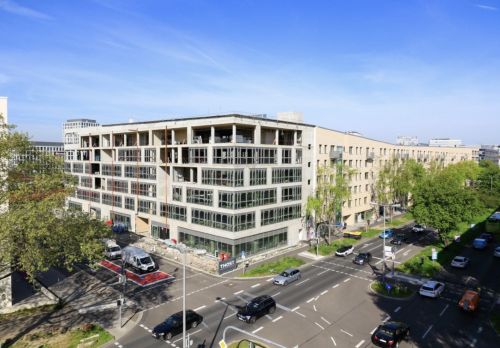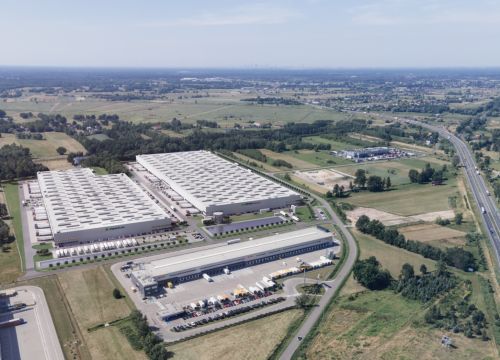King Sturge's Connectivity report forms part of wider research
into the design of the office building of the future. One of its conclusions is
that landlords' willingness to invest in the modern technology, which increases
the efficiency of their tenants' internet access, will be crucial to their
success in the coming years
Though in Poland the advent of 'the new office' and other
flexible working practices is deemed to be some way off, the era the country is
about to enter as part of Europe, increases the relevance of reports such as
this. Its findings however are based on the UK commercial real estate market,
clearly at a more advanced stage of development than Poland's. Chris Grzesik
King Sturge's Managing Director in Poland, suggests that some of the problems
highlighted in the report might not become as acute in Warsaw and beyond.
Satisfaction
"The office stock in the city of London is ten times that of Warsaw, so
there you do have problems, in that not all tena




























































